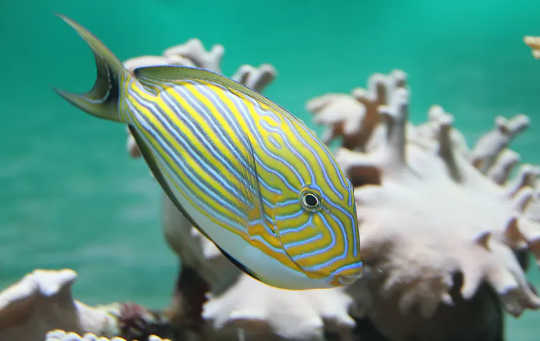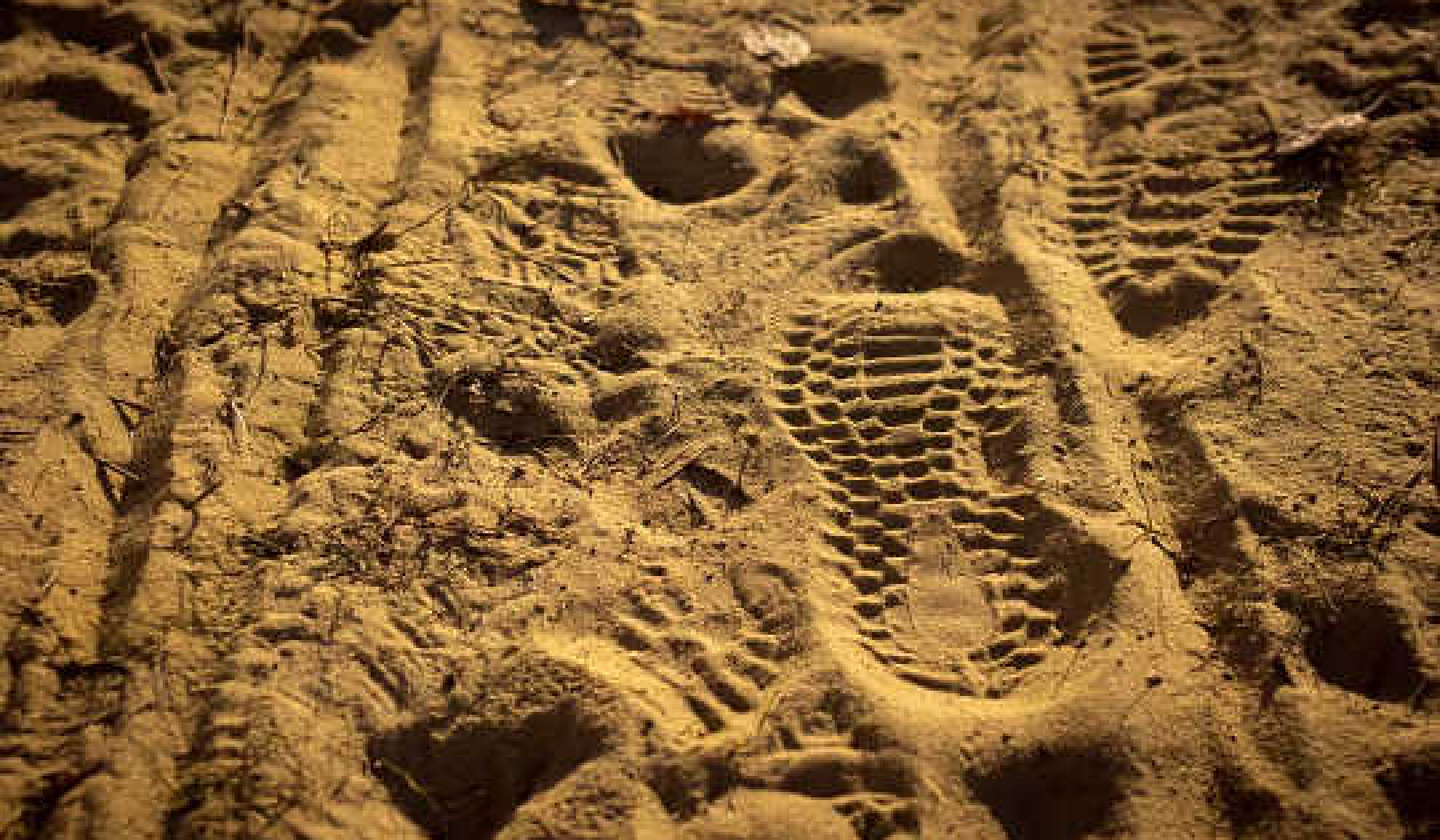
Jose Angel Astor Rocha/Shutterstock
Australia barely had time to recover from record breaking fires at the start of 2020 before the Great Barrier Reef experienced its third mass coral bleaching event in the past five years. Only five of these have occurred since records began in the 1980s. High water temperatures and marine heatwaves, caused by climate change, are making coral bleaching an almost regular occurrence in some parts of the world.
Coral reefs are among the most vibrant ecosystems on the planet, but they are also very sensitive to stress. Meteorologists predict that 2020 is likely to be the hottest year on record, threatening yet more bleaching on reefs around the world. But it’s not just the coral itself that suffers.
Reef fishes exposed to high temperatures tend not to behave normally. Underwater noise and pollutants, such as agricultural pesticides, can have the same effect. Juvenile fish exposed to this kind of stress are less able to identify and avoid predators. But scientists aren’t sure exactly why this is.
In our new study, we found that a double whammy of higher water temperatures and pesticide exposure may be affecting the development of baby reef fish, with consequences for the entire ecosystem.
Metamorphosis in coral reef fish
Metamorphosis might bring to mind the transformation a caterpillar undergoes to become a butterfly, but it is also very common in coral reef fishes. After hatching from eggs, most reef fish develop as translucent larvae in the open ocean, before transforming into juvenile fish as they are recruited to their life on the reef.
This journey is a very important transition that is fraught with danger. Many predators like to eat reef fish while they’re in this small and vulnerable stage.
During metamorphosis, fish rapidly develop their eyes, noses and lateral line system, a special set of organs that allows them to detect changes in water pressure. Reef fish rely on these senses to spot and avoid predators.
Recent studies have shown that the process is regulated by hormones in coral reef fish. So if man-made pressures as diverse as increasing temperatures, underwater noise and pollution can cause juveniles to behave strangely and fail to avoid predators, perhaps it all has something to do with their hormones.
We decided to test this in a lab. We exposed the larvae of the surgeon convict fish to chemical hormones and hormone blockers and found that it directly influenced the development of their eyes, noses and lateral line systems. When fish received a hormone blocker, their sensory systems developed more slowly, they were less able to identify a predator by sight or smell and predators caught them more easily.
The lab tests showed that exposure to a hormone blocker can prevent fish from developing the necessary defences for life on a coral reef. So how might they be faring in the ocean, given that pesticides drain off the land into coastal waters, where these chemicals might disrupt hormones in fish?
In further experiments, we exposed fish to different temperatures and doses of a common agricultural pesticide called chlorpyrifos. Higher temperatures and high levels of the pesticide made fish worse at avoiding predators, but when given extra hormones, the fish recovered their abilities. This shows how climate change and pollution can affect how fish naturally regulate their development, and how important it is for them to be able to metamorphose in a healthy environment.
Hotter water and exposure to pesticides might seem like totally different things, but our results suggest they affect metamorphosis in a similar way. This is worrying, because most coral reef fish species metamorphose early in their lives, and if their environment changes too much, it might endanger entire coral reef communities.
Luckily, our results suggest that these negative effects are mostly felt at higher doses, but they are at the extreme end of what is already being detected on reefs. That means that we still have time, but our habits must change soon.
About the Authors
William Feeney, Postdoctoral Research Fellow in Evolutionary Ecology, Griffith University and Marc Besson, Postdoctoral Research Fellow in Marine Ecology, École pratique des hautes études (EPHE)
This article is republished from The Conversation under a Creative Commons license. Read the original article.
Books on The Environment from Amazon's Best Sellers list
"Silent Spring"
by Rachel Carson
This classic book is a landmark in the history of environmentalism, drawing attention to the harmful effects of pesticides and their impact on the natural world. Carson's work helped to inspire the modern environmental movement and remains relevant today, as we continue to grapple with the challenges of environmental health.
Click for more info or to order
"The Uninhabitable Earth: Life After Warming"
by David Wallace-Wells
In this book, David Wallace-Wells offers a stark warning about the devastating effects of climate change and the urgent need to address this global crisis. The book draws on scientific research and real-world examples to provide a sobering look at the future we face if we fail to take action.
Click for more info or to order
"The Hidden Life of Trees: What They Feel, How They Communicate?Discoveries from A Secret World"
by Peter Wohlleben
In this book, Peter Wohlleben explores the fascinating world of trees and their role in the ecosystem. The book draws on scientific research and Wohlleben's own experiences as a forester to offer insights into the complex ways that trees interact with one another and the natural world.
Click for more info or to order
"Our House Is on Fire: Scenes of a Family and a Planet in Crisis"
by Greta Thunberg, Svante Thunberg, and Malena Ernman
In this book, climate activist Greta Thunberg and her family offer a personal account of their journey to raise awareness about the urgent need to address climate change. The book provides a powerful and moving account of the challenges we face and the need for action.
Click for more info or to order
"The Sixth Extinction: An Unnatural History"
by Elizabeth Kolbert
In this book, Elizabeth Kolbert explores the ongoing mass extinction of species caused by human activity, drawing on scientific research and real-world examples to provide a sobering look at the impact of human activity on the natural world. The book offers a compelling call to action to protect the diversity of life on Earth.

























